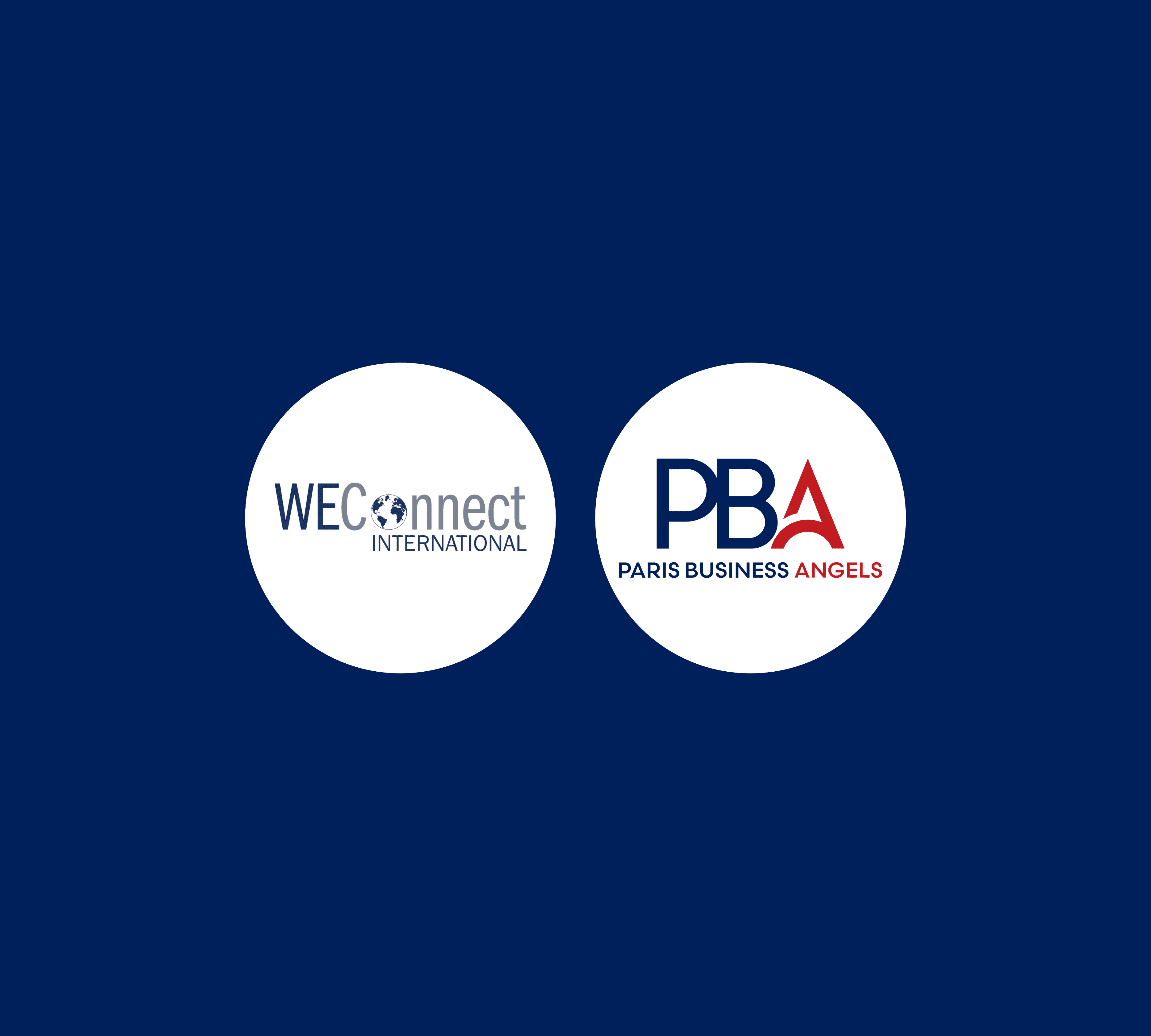ESG Strategy in Start-up Investing

In a context where ethical and responsible investment is becoming increasingly important, business angels are increasingly faced with the need to integrate these considerations or aggregates into their investment decisions. This article explores how these issues shape the investment strategies of business angels and highlight the associated challenges and opportunities.
Understanding ESG issues
Business angels have their share of responsibility in assessing the long-term impact of their investments. Beyond immediate profitability, they see the repercussions on society and the environment. This includes examining companies' sustainable practices and their ability to sustain them over the long term. For example, a start-up that offers innovative recycling solutions could be evaluated not only on its growth potential but also on its sustainable positive impact on the environment. This commitment to sustainability often translates into increased customer retention and high resilience to environmental regulatory changes.
Investing in start-ups that develop solutions offers business angels the opportunity to contribute to the ecological transition while making a profit. Sustainability is no longer seen as a constraint, but as a source of innovation and a vector of long-term growth. Resan, in an "Industry as a Service" model and with its "J'achat Fermier" brand, offers an innovative solution allowing farmers to process and market their dairy products directly. By providing turnkey yoghurt factories in the form of containers, RESAN facilitates local production and short circuits, in collaboration with industrial partners. By promoting the local processing of dairy products, Resan reduces CO2 emissions from transport and promotes sustainable agriculture. Yoghurt containers make it possible to recycle milk directly on the farm, thus limiting losses and optimising the use of natural resources. Resan improves farmers' remuneration by allowing them to sell products with higher added value, while strengthening the links between producers and consumers. This initiative supports the local economy, creates jobs in rural areas and ensures perfect traceability of products.
Technologies such as artificial intelligence and biotechnology pose new ethical challenges, including in terms of privacy, data security, and unintended social consequences. Investors should consider these aspects to avoid backing companies that could cause more harm than profits in the long run. Biomemory is an innovative French company specializing in the development of solutions for storing computer data on DNA. This cutting-edge technology aims to offer a sustainable and efficient alternative to traditional data storage methods, leveraging DNA's unique capabilities to retain large amounts of information over extremely long periods of time. Biomemory responds to the ethical and security challenges of modern technologies with its DNA data storage solution. This medium offers high privacy and enhanced security, reducing the chances of hacking and data loss. By using bio-based materials, Biomemory minimizes the carbon footprint and environmental impacts. The company works collaboratively with regulators and ethics experts to ensure responsible use of its technology. In this way, Biomemory is positioned as an innovative and sustainable solution, addressing investors' concerns about privacy, data security, and social consequences.
Environmental, social, community impact
BAs must adopt robust methodologies to assess the environmental impact of start-ups. Tools such as life cycle assessment (LCA) can be used to measure the carbon footprint of the products or services offered. For example, a start-up that develops biodegradable packaging could present a detailed analysis of the reduction in carbon footprint compared to traditional solutions. This not only helps to measure the environmental impact but also to build a strong and environmentally friendly brand. Altaroad is a French company that develops innovative solutions for the management of material and waste flows on construction sites and infrastructure. Using smart sensors and artificial intelligence, Altaroad optimizes real-time data tracking and analysis. Altaroad improves sustainability by reducing CO2 emissions through better material and waste management. In addition, the company is increasing safety on construction sites and optimizing logistics operations, which benefits workers and surrounding communities. Altaroad's technology helps minimize the environmental impact of construction projects and promote responsible resource management.
Before committing to an investment, business angels can conduct a rigorous analysis of the ethical risks associated with start-ups. This includes the assessment of the supply chain, working conditions, environmental impact, and technologies used. For example, a BA could look at how a startup uses personal data to ensure that it complies with regulations such as the GDPR in Europe. Introducing specific tools and methodologies for assessing ethical risks can help investors make more informed decisions. These tools could include ethics assessment checklists, regular audits, and ethical performance commitments from the companies invested. Business angels are uniquely positioned to positively influence the ESG practices of start-ups. By working closely with senior management teams, they can promote the importance of ethics in corporate culture and day-to-day operations.
Business angels who integrate ESG considerations into their investment decisions promote the creation of a responsible entrepreneurial ecosystem. By combining economic resilience, profitability and impact, it reduces risk while unveiling innovative and sustainable investment opportunities. This generates a positive impact on the long term in society and on the environment, while continuing to create as much value as possible in the long term.


